Togo
Togo's President Faure Gnassingbé is facing growing pressure following a government clampdown on protests calling for his resignation over recent changes in the constitution that could effectively keep him in power indefinitely.
Activists on Tuesday condemned the arrest and alleged maltreatment of dozens of people following staged protests late last week in Togo’s capital, Lomé, and on social media.
The Togolese leader, who has ruled since 2005 after the death of his father, was sworn in as President of the Council of Ministers in May. The powerful role has no official term limits, and he is eligible to be re-elected by parliament indefinitely.
Opposition politicians have denounced the move as a “constitutional coup.”
Around half of the 80 protesters who were arrested were released late Monday. However, at least 25 remain in custody, a local rights group said, urging authorities to release the others.
“What we know is that several people were beaten during their arrest,” Aimé Adi, director of Amnesty International's office in Togo, told The Associated Press.
In addition to the release of the remaining detainees, "what the Togolese now want is the end of this regime, which can no longer offer anything to the people after 20 years of absolute and repressive power of Faure Gnassingbé,” said a coalition of political groups known as “Hands Off My Constitution”.
Demonstrations are rare in Togo as they have been banned in the country since 2022, following a deadly attack at Lome’s main market. But the latest change in government structure has been widely criticised in a region threatened by rampant coups and other threats to democracy.
Public prosecutor Talaka Mawama has defended the arrests and described the protests as “part of a revolt against the institutions of the Republic.”



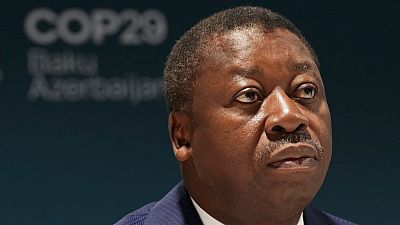

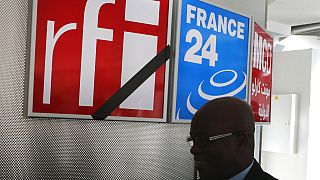
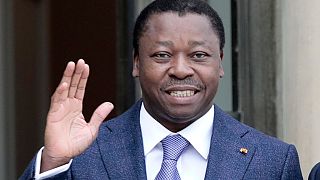
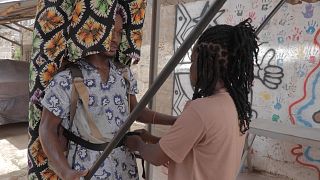
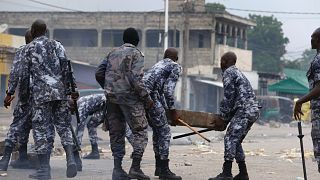
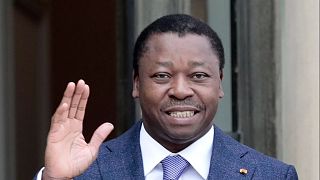

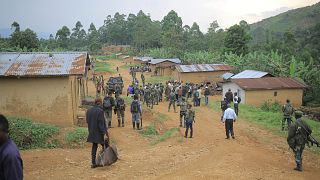
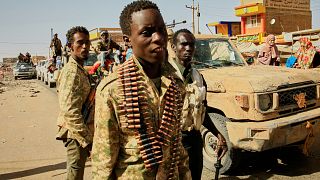
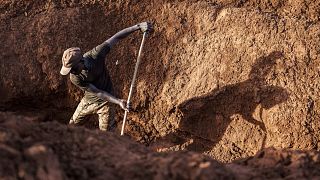
Go to video
'Food colonialism': Nigeria divided over GMO crops
Go to video
ICC convicts former CAR football official and militia leader for 2013-2014 war crimes
Go to video
U.S will burn $10m in reproductive health aid following Trump cuts
01:00
WATCH: Ukrainians protest for second day over anti-corruption law
01:00
'States must ACT NOW': Climate activists protest outside ICJ
01:00
Kyiv sees rare wartime protest over anti-corruption legislation